Antagonist Analysis: Terrence Fletcher (Whiplash)
For the first analysis piece on this blog, I wanted to reflect on a movie and more specifically, a character that has really stuck for all these years. It had to be someone who’s story and lessons impacted me in some way throughout my life. As the title implies, this character is Terrence Fletcher, a music professor who serves as the main antagonist of the film Whiplash. What draws me to this story and more importantly, the antagonist, is how relatable the themes and lessons can be to any human being regardless if you are a music student or not. I won’t get to personal here, but I will say that certain elements of his story hit close to home for me…
What is Whiplash?
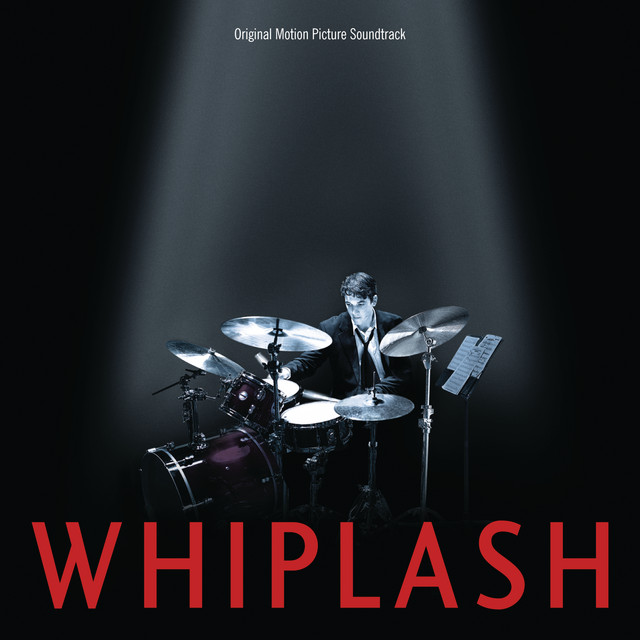
Ever heard of La La Land? Well before the director, Damian Chazelle, released that hit, he had his first breakout movie, Whiplash. Like La La Land, this was a movie about the performing arts. But unlike La La Land, Whiplash chooses to be a much darker take in the world of entertainment.
Whiplash is the tale of Andrew Nieman, a budding college student attending one of the most prestigious music schools in the country. The story takes us through Andrew’s journey as he strives to become a great jazz drummer. But the movie showcases how brutal this journey can be physically and psychologically. The core of Whiplash is portraying how the journey of a musician is arduous and not the glamorous path many are accustomed to hearing about. The key to bringing this theme together throughout the movie is Terrence Fletcher, Nieman’s music professor and the antagonist of the movie.
Mundane Villainy
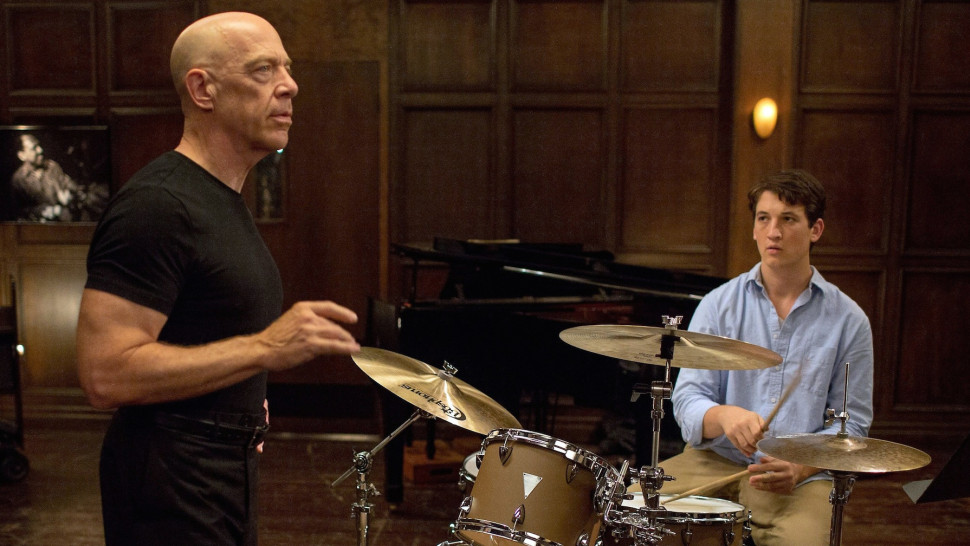
Usually when one thinks of villainy, the thoughts that come to mind would be of a mastermind plotting to take over the world or a spiteful character seeking death for his own gain. Terrence Fletcher on the other hand has a much more mundane goal which some might not even consider evil. One can say he is just a teacher seeking to bring the best out of his students. While there is nothing inherently evil about this, where his so-called “villainy” comes into play is his approach with his class. I explained earlier how Whiplash explores the dark, psychological struggles people go through to make it big in the entertainment industry. As a teacher, Fletcher is brutal, callous, abusive, manipulative and vindictive yet charming when he wants to be. This negatively impacts his student’s mental well-being, but he does this all in the name of bringing the best out of them. Despite this, it is very easy to tell that Fletcher enjoys the control he has over his students. This causes him to be viewed in a more antagonistic role.
“I was there to push people beyond what’s expected of them. I believe that’s an absolute necessity.”
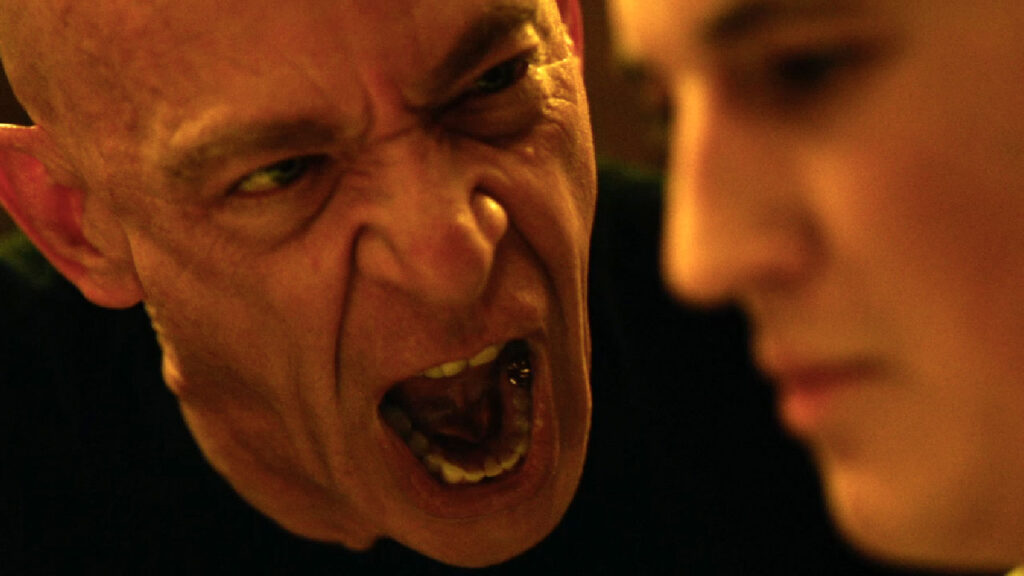
What makes Fletcher more compelling is his relatability. Most of us have encountered a “Fletcher” in our lives, or perhaps we are the “Fletcher” in our own life. As someone who comes from an Asian background, I can say that I have seen many parents utilize the methods posed in Whiplash to push their children to greater heights. It is not a common practice among traditional Asian parents to praise their kids to their face, but instead push their kids to be better by constantly demanding more.
“There are no two words in the English language more harmful than ‘good job.’ ”
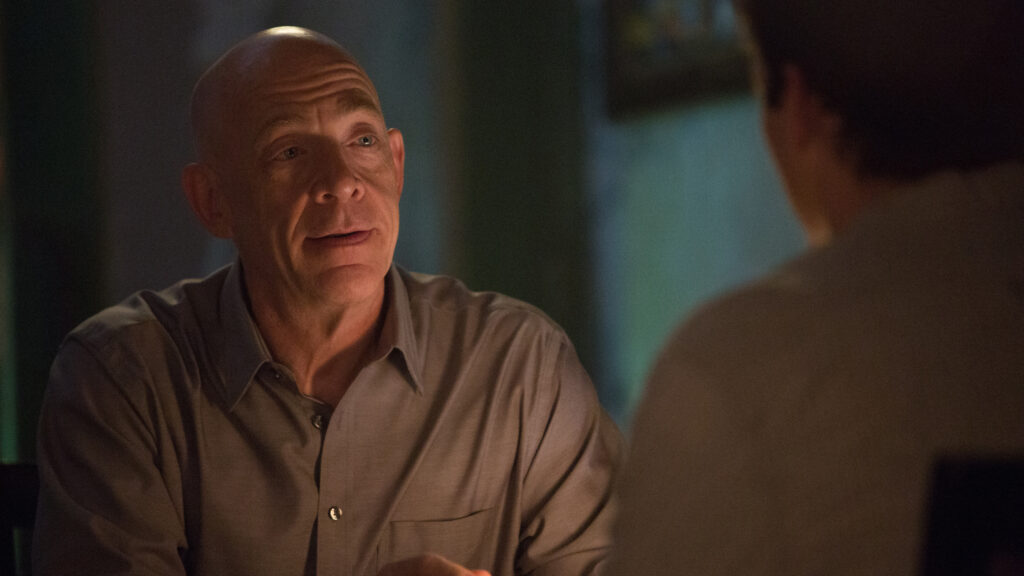
By providing praise, one would stunt the growth of a student as they no longer would possess the drive to push themselves. The practice of withholding praise ensures an endless cycle where the student constantly pushes to be better in hopes of one day gaining praise from the one who never gives it. The less something is given, the more valuable it is to a person. This practice may sound cruel and manipulative, but unfortunately, it has worked in many cases.
Despite this fact, there is something else I believe that the audience should draw from this story, and that is the consequences of such an approach. Andrew sees his life fall apart as he falls for Fletcher games of manipulation. He becomes obsessed with his music to the point where his relationship with his girlfriend and father sour.
Conclusion:
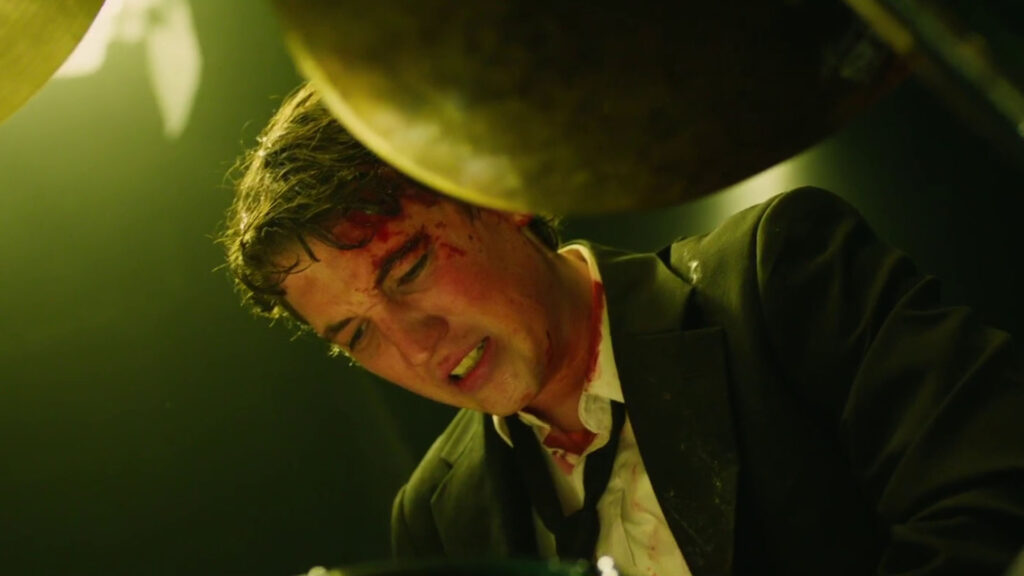
It is difficult to gauge whether Fletcher has good intentions with his approach or if this comes from a selfish intent of longing to be credited as THE teacher to find the perfect student. The ending of the film hints that Nieman has become the ideal drummer Fletcher was looking for all these years which may lead the audience to question if the intent of the story was to promote emotional manipulation in teaching. I don’t believe that is the case. With Fletcher serving as an antagonist for this film, I do not believe we are supposed to learn form his example, but we see the consequence of it. At some point in our lives, we will all have the opportunity to mentor someone. The story of Fletcher should be reflected upon when contemplating how we bring the best out of those we teach. Like most things in life, you need to strike a balance. Fletcher represents one extreme of pushing too hard to the point of causing emotional and mental trauma. Despite the fact that his method has proved successful in the past, the main question to ask yourself if his approach is really worth it all in the end.

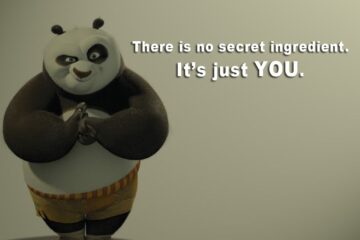

1 Comment
John Tran · December 31, 2023 at 6:47 am
Sounds very similar to my teaching style to be honest.